Accidents can happen at home, but there are lots of things we can do to lower the risk of them happening. One of the main reasons children can have accidents is because, as they grow and develop, parents can be caught unawares all of the things that their little ones can now do.
We’ve been working with our partners at the Royal Society for the Prevention of Accidents (RoSPA) Scotland and the Child Accident Prevention Trust (CAPT) to produce some advice to help you stay one step ahead and keep your children safe.
Button batteries
Button batteries, particularly powerful lithium coin cell batteries about the size of a 5p piece, can be deadly if your child swallows one. This video shows the harm they can do.
If you have any batteries in your home lying spare, or dead, make sure they’re out of reach of inquisitive little fingers. You’ll be surprised where young children can find them – in light-up toys, slim remotes, gaming headsets and key finders. Hunt around your home and keep products well out of your child’s reach if the battery compartment isn’t secured.
You can find out more on the RoSPA website and CAPT’s button battery advice hub.
Burns and scalds
There are simple things you can do to keep your little one safe from burns and scalds.
- Mobile phone or laptop chargers can cause nasty burns if your child puts the live end in their mouth, so remember to keep them switched off and out of the way when not in use.
- Things like hair straighteners and irons can still leave a mark more than 40 minutes after they’ve been used. Store them in a safe place when you’re finished with them to prevent nasty burns.
- The kitchen can be a very dangerous place for children. If you’re unable to keep children out of the kitchen, make sure that you supervise them – especially if food is cooking.
- Hot drinks and small children just don’t mix, with many hot drinks still being able to cause a burn up to 15 minutes after they are made. Keep all hot drinks out of the reach of your little one to avoid potential burns.
- Bathwater can cause deep burns to delicate skin. Put cold water in first then top up with hot. And test the temperature of the water with your elbow before putting your little one into the bath.
Choking
With curious babies and small children, everything goes in the mouth, not just food. Here are a few tips on how to lower the risk of choking.
- Small children like to examine new things by putting them in their mouth, so keep smaller objects out of reach of your little one. If you have older children, get them to tidy up afterwards if they’re playing with smaller objects, like Lego bricks, to stop your little one grabbing one unexpectedly.
- Get your little one into the habit of sitting down to eat or drink. And cut up their food so it can’t get stuck.
Baby self-feeding pillows
If you have a baby self-feeding pillow, please stop using it immediately as it’s not safe for your baby.
Baby self-feeding pillow products are designed to be attached to a bottle so that the baby can be positioned on their back to feed themself without anyone holding the bottle and controlling the feed.
However, even if you’re supervising your baby while they’re self-feeding, this could lead to immediate, serious harm or death from choking or aspiration pneumonia. You can find out more about this on the gov.uk website.
Trips and falls
Trips and falls will inevitably be a part of a child’s everyday life, whether they are learning to walk, or running around playing their favourite games. But while a plaster or a magic kiss can solve the problem of most bumps and scratches, here are some tips on how to avoid accidents that are more serious.
- Try not to leave furniture close to windows – especially if they’re open to let in a little fresh air. Children are incredibly creative and you’d be surprised what they can use as a ladder.
- If you have stairs in your home, keep them free of clutter to avoid any potential tripping hazards for both you and your family. As soon as your baby starts moving around, fit safety gates to stop them climbing or falling down the stairs.
- If you have smaller children, avoid changing nappies or leaving them unattended on raised surfaces like a sofa or bed. This will stop you having to worry about them moving or rolling over and falling off.
- Keep cables for computers and other electrical equipment tidied away wherever possible.
Threats to breathing
Unfortunately, strangulation and suffocation are common accidents. Babies and small children reach and grab for things that catch their eye, and this includes strings, ribbons and cords.
- Blinds are very common in most homes; however, blind cords can be incredibly dangerous for young children. Avoid accidents by fitting a cleat hook or tensioner to keep blind cords and chains safely away from your child.
- Young babies naturally grasp things and pull them to their mouths but aren’t able to pull them away. This means they can suffocate on a nappy sack. Store yours well out of your baby’s reach and never under the cot mattress.
- Your little one may delight in playing dress up with you, but keep an eye on items that could potentially cause problems like belts or items of clothing with drawstrings.
Poisoning
Medication in your home, cleaning products by the toilet and laundry capsules under the sink. All these items and more can seriously harm small children if swallowed. Gather these items up and put them high up out of harm’s way and remember to put them away again after you’ve used them.
Drowning
Keep your baby or toddler within arm’s reach in the bath and around water to keep them safe from drowning.
Garden
If you have a garden, your children may well be spending more time here than normal to let off steam and play. If that’s the case, there are a few things you can do to lower the risk of an accident.
- Try to ensure that garden equipment is stored safely and out of reach of children
- Check garden equipment for loose or worn parts.
- Keep all chemicals such as weed killer locked away.
- Make sure that your child is always supervised around garden ponds.
Face coverings
Children under 5 should not wear face coverings. This is because they can be a suffocation risk for small children, and they may not be able to remove them if they’re having trouble breathing. Face coverings with ties could also potentially be a strangulation hazard. In addition, having their faces covered can actually encourage them to touch their faces more than they usually would.
Fire safety
Make sure your home has working smoke alarms. The smoke from a fire can make you unconscious while you sleep and can kill your child in less than a minute. Visit the Scottish Fire and Rescue Service website for more advice.
Rechargeable lithium-ion batteries
Lithium-ion batteries are found in lots of household items that need to be charged. These include mobile phones, laptops, vapes and toys as well as larger products like e-scooters.
Fires involving products that have rechargeable batteries are on the increase, which could have devastating results for you, your family and your home. It's essential to use these batteries safely.
Here are some tips for using and storing rechargeable batteries safely – you can find more information on the Scottish Fire and Rescue Service website.
- Don't use or charge your device if the battery is damaged, swollen, very hot or smelling unusual.
- Only buy devices with rechargeable batteries from reputable sellers. Only buy replacement chargers and batteries that are compatible with your product and from reputable sellers.
- Don't charge devices overnight or leave devices charging in your home while you're out.
- Unplug your charger once your device is charged.
- Don't charge devices near flammable materials or in hallways where they could block an escape route if there is a fire.
- Store batteries in cool, well-ventilated areas.
- Never put them in your general household rubbish bin as this can cause fires – instead take them to a dedicated recycling point.
This video from the Scottish Fire and Rescue Service has advice on how to charge devices safely.
Additional info
The RoSPA website has lots of useful advice and information on keeping children safe.
CAPT’s website offers practical child safety tips and downloads. You can also sign up for CAPT’s free, bite-sized safety emails for parents and parents-to-be.
As in the case with any serious injury, parents should seek advice and assistance in the same way as they have always done. More advice is available from the NHS website.
 Activities & Play
Activities & Play Behaviour
Behaviour Childcare
Childcare Development & Growing Up
Development & Growing Up Family, Friends & Relationships
Family, Friends & Relationships Feeding Your Baby
Feeding Your Baby Food & Eating
Food & Eating Health & Safety
Health & Safety Mental Health & Wellbeing
Mental Health & Wellbeing Money & Work
Money & Work Online Behaviour & Safety
Online Behaviour & Safety Pregnancy & First Days
Pregnancy & First Days School & Education
School & Education Sleep
Sleep

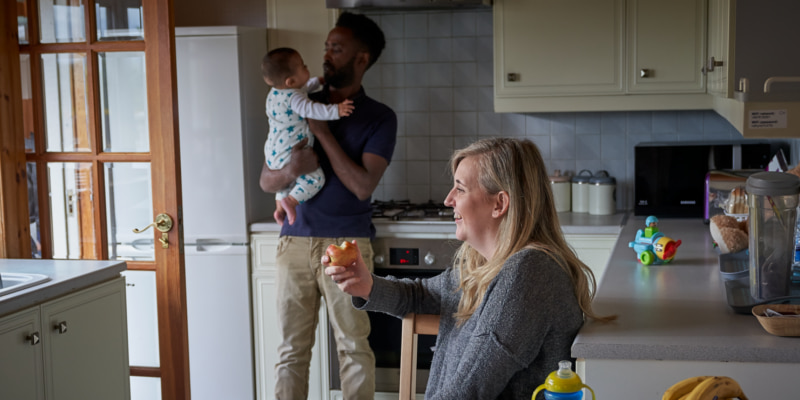
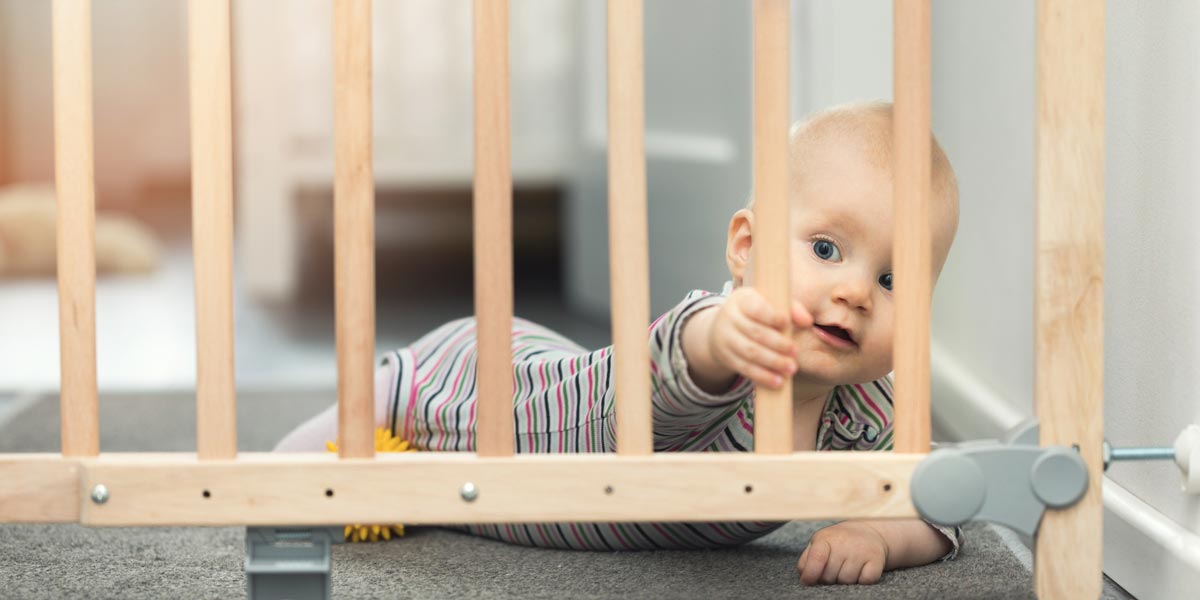
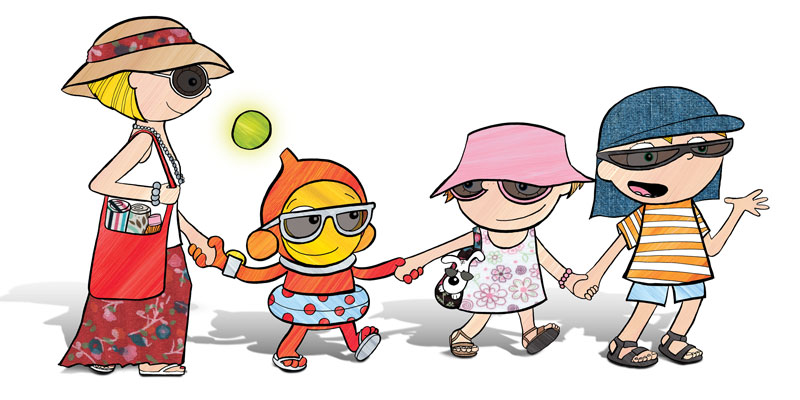
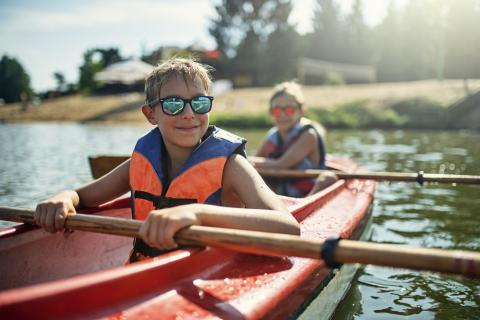
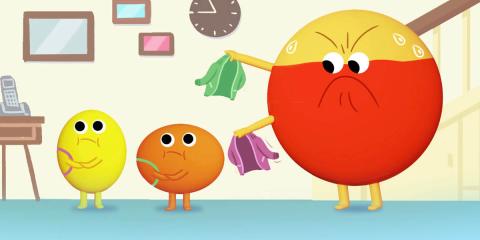
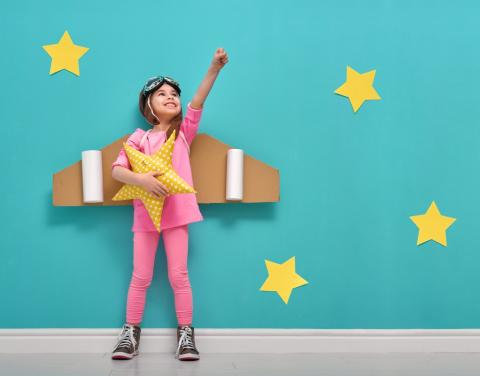
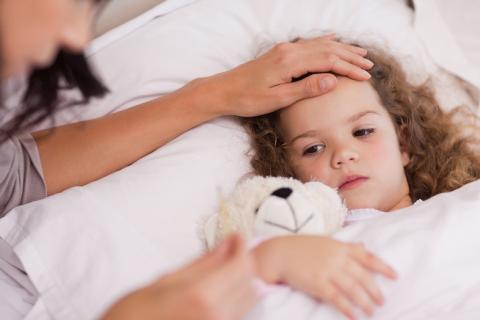
 Mental Health & Wellbeing
Mental Health & Wellbeing
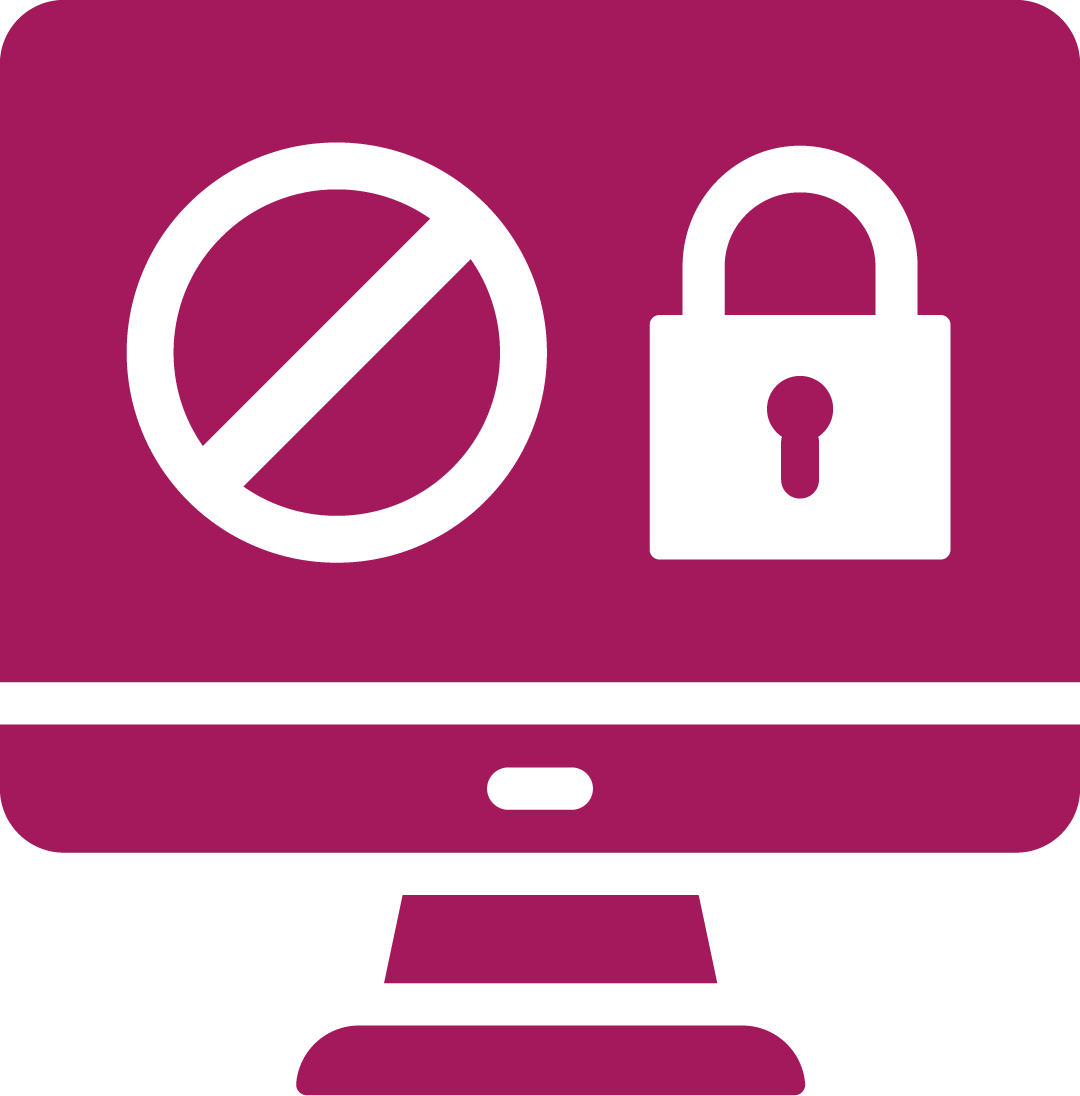 Online Behaviour & Safety
Online Behaviour & Safety